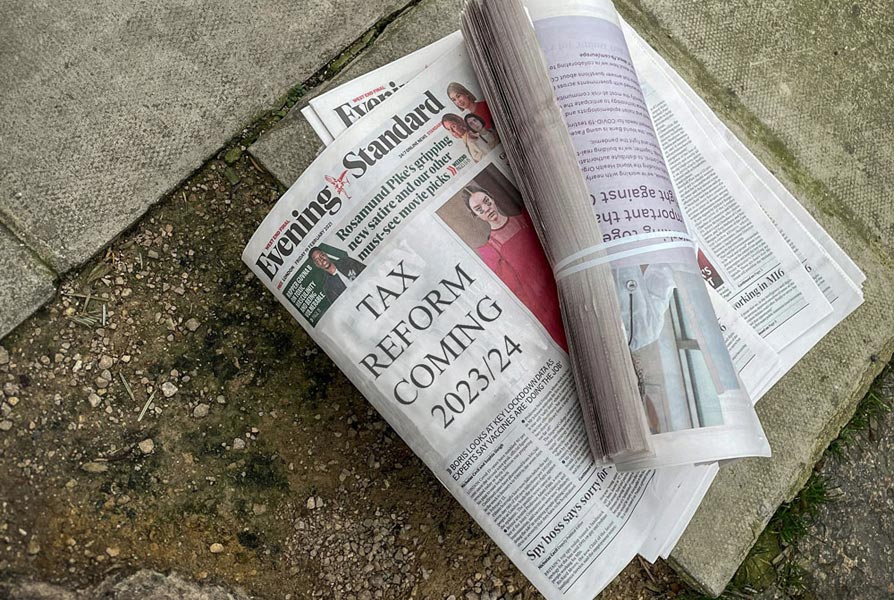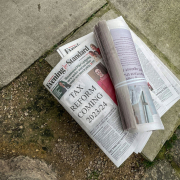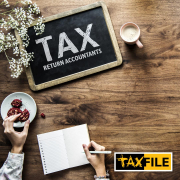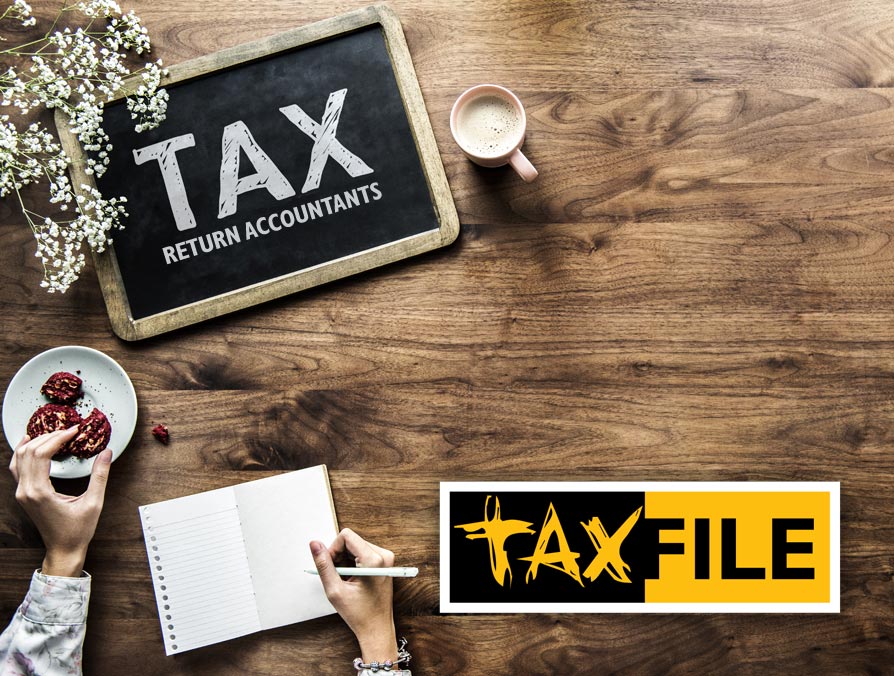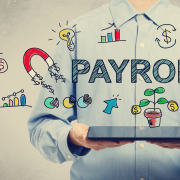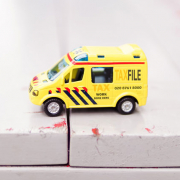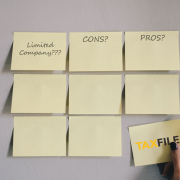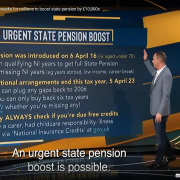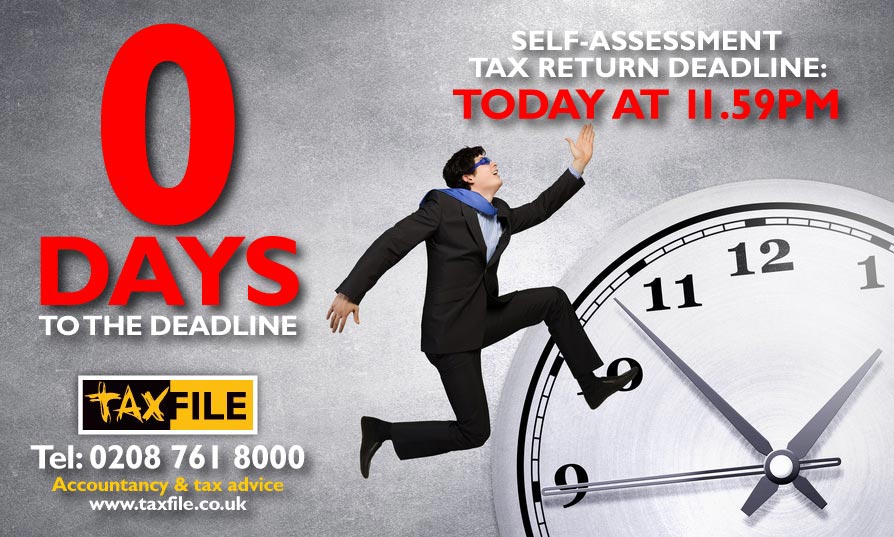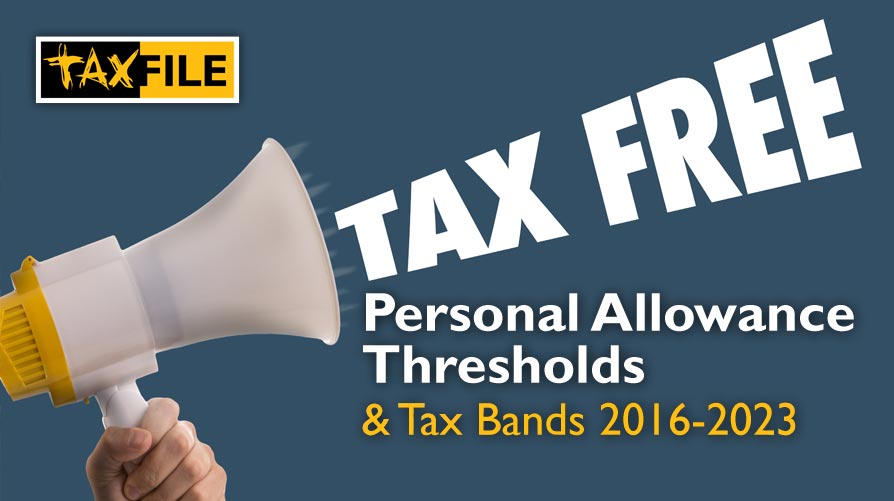Having been the accountants of choice for individuals and businesses in the South London area, we have recently noticed a surge of individuals moving away from the sole trader status and enquiring about forming a limited company.
The reasons for changing status have varied; someone mentioned they should be, their customers needing them to be, being worried about having a personal liability against the business, to hoping to be more tax efficient.
What do we mean by a limited company?
A limited company is an organisation that is set up to run your business. A business becomes ‘limited’ once the company name and its owner(s) have been registered with Companies House and when limited status is granted, it becomes a distinct entity from its owners.
A limited company structure creates a distinct border between the business owner and the business itself, and under the eye of law, the business becomes a separate legal entity in its own right, becoming responsible for its own actions and finances. This in turn limits the liability of the owner from any risk the business may need to take. So if you are a small business expanding & possibly needing employees & assets, then a limited company is a good idea.
At Taxfile we are helping a lot more clients make this transition from a sole trader to limited status.
We can help you set up a private limited company, guide your through the process of what happens and what you need to do. We offer an all-encompassing service from the setting up to filing the corporation tax returns.
We are offering a special price of £375+VAT for the following;
- company formation (including the option to have the company phrased as a special purpose vehicle for a property rental company- SPV)
- we will register a single director with HMRC for self-assessment
- we set up the payroll scheme
- we arrange your chart of accounts on online software and set up the bank feed so transactions are automatically recorded
A limited company will:
- need to keep company records
- report any changes to Companies House & HMRC
- need to file an annual company tax return along with the company’s accounts, giving an undistorted view of its finances.
As a director of a private limited company you will:
- make decisions that benefit the company rather than yourself
- abide by the rules and regulations outlined by the company articles of association, which are written rules about running the company agreed by the shareholders or guarantors, directors and the company secretary
- notify any shareholders if you might benefit personally from a company transaction
- always act with the intention of making the company successful.
- In forming a limited company you are limiting your personal liability but in doing so you cannot abuse your power with the limited liability to take selfish and unnecessary risks.
At Taxfile we can advise you on setting up a private limited company and take care of all these tasks for your private limited company — and avoid any complications down the line.
Starting a limited company is a relatively straightforward administrative task that starts out with choosing an available company name from Companies House to filling and filing a series of forms. At Taxfile we can ensure that all your forms are compiled correctly, providing ongoing support.
To set up your private limited company you will need at least one director and one shareholder. As the business owner(s) you would then take a salary/wage from the business. We can advise you how to best set up your salary and dividends to pay less tax.
Once you have a limited company set up you will need to open a new bank account in the name of your new company. Our advice to clients, is to try and keep all the business income and expenses restricted within this one bank account and to avoid any personal transactions overlapping into this account.
It is also important to remember to transfer all business-related expenses into the company’s name and move any payment plans over to the new bank account.
If you would like help and advice about forming a private limited company please call us on 020 8761 8000.
